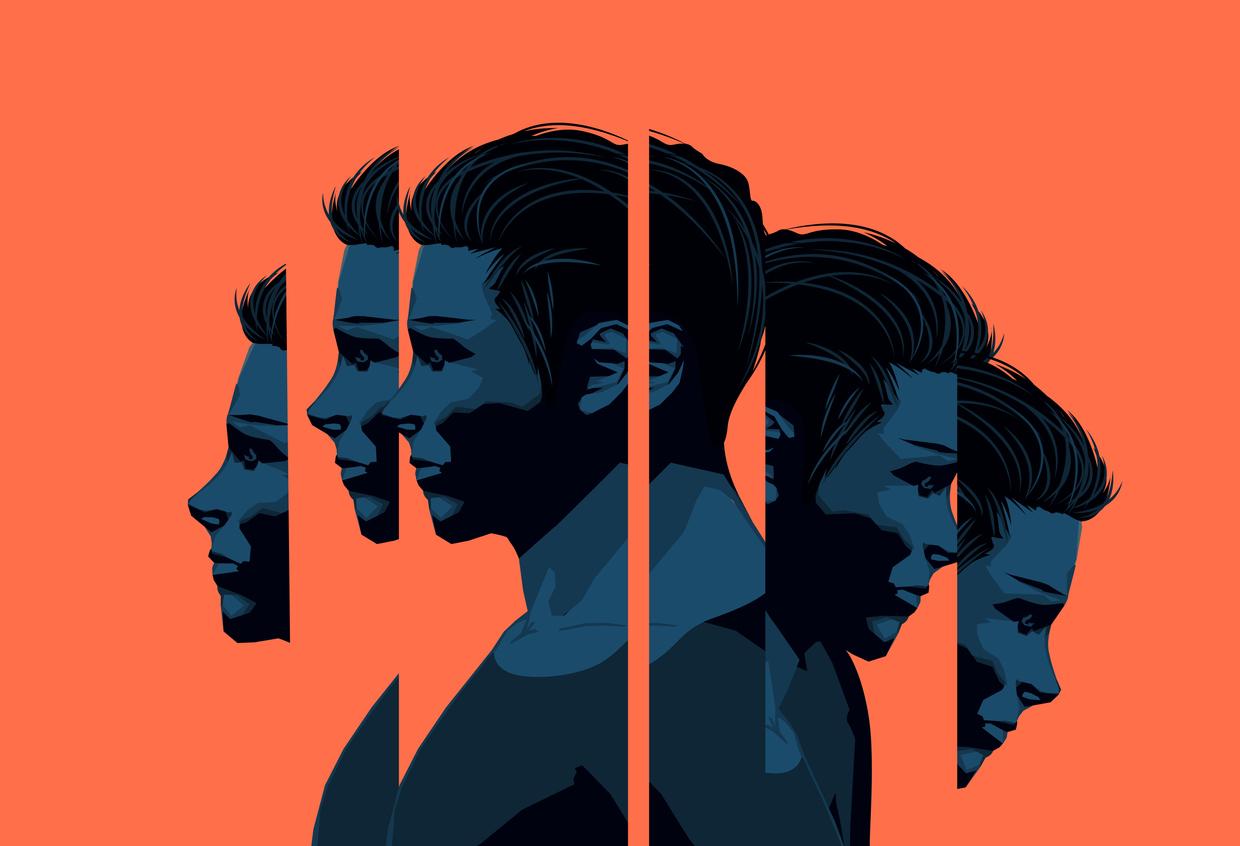The Impact of Structural Inequality on Mental Health

How does structural inequality impact our mental health? Nikhwat Marawat writes about his experiences of mental health and the importance of multi-faced solutions to support racialised people who are struggling.
Trigger warning - includes mentions of suicide and mental health.
Mental health - a learning journey
For many years I have lived with ill mental health.
My earliest memory of my struggles are from when I was 14, I had come back home from a long day at secondary school. This day was different, I lay on my bed, I removed my school jumper, took off my clip on tie and threw them both on the floor where I thought they belonged and without any warning I began to cry.
I mean, I really, really cried.
I didn’t know what had upset me, in fact nothing had. After my crying fest was over I lay there, for what felt like hours but what I’m sure couldn’t have been more than a few minutes. I think that if memory serves me right this was the very first time I ever truly exhibited signs of ill mental health.
I am a person of faith, in the sense that I believe strongly in something more metaphysical that exists within the confines of our reality, and I believe that life is not just what happens to us but what we make it.
My life’s journey has given me experiences to which my 14 year old self would never have imagined, as I have continued to learn more about and serve within the mental health space. Now at the age of 28, I am grateful to co-run my own mental health organisation, The Delicate Mind, the vehicle in which I continue to put purpose to my pain.
My life’s journey has meant that it can always hit closer to home than any of us can expect — even now living with depression and knowing the storm this brings to one’s spirit.
Many years ago my younger brother died by suicide. It was not until many years later I learnt that as many as 90% of those who die by suicide have suffered from some form of mental health difficulty. I’m telling you this, not for sympathy, but for understanding of the interconnected factors that shape the sphere of mental health.
All of our lives are complex and winding, and no person is immune to the pains that life can bring.
But life is nothing if it is not a learning journey.
Structural inequality leading to poor mental health outcomes
As I have continued to educate myself in this field, it has become apparent there is no one single reason as to why someone may struggle, as there is no one single approach to the ongoing and upcoming mental health epidemic.
In the aftermath of the death of George Floyd, I took the task of educating myself further as to what role structural issues within our society play in exacerbating the mental health crisis.
In my home town of Birmingham, just over half of young people in the wards of Hodge Hill and Ladywood are reported to be living in poverty. Poverty is also recorded at its highest in large cities such as Birmingham, London and Manchester.
Research continually shows that children and adults living in households in the lowest 20% income bracket in the UK are 2 to 3 times more likely to develop mental health problems than those households in the highest income bracket.
These wards in Birmingham are mostly populated by communities of colour and whilst poverty is a structural problem that discriminates against all, the Social Metrics Commission has found nearly half of Black African and Caribbean households are in poverty in direct comparison with just under 1 in 5 white families, and families from communities of colour are between 2 and 3 times more likely to be in persistent poverty than those from white households.
Furthermore, there is a continuous litany of evidence showing the effect of racism and mental health with a direct link to those affected by racism being more likely to experience mental health problems such as psychosis and depression.
There is also evidence showing that the youth justice system in England and Wales is made up of 40% of children of colour, with more than one third having been diagnosed with a mental health difficulty.
What are the solutions?
A society is judged by how it treats its most destitute, and mental health does not care for your class, disability, gender, race nor sexuality. But, as evidenced, it empirically means some will have it worse than others.
As is the lottery of life.
The solutions are multifaceted, a nuanced understanding of the issues outlined, financial investment into key services to tackle social, racial and economic inequality much earlier, and for us to look within ourselves as we are both the problem and the solution as throughout the dawn of human civilisation we always have been too everything.
I see actions being taken day to day by unsung heroes in our society, whether it is community groups supporting mental health or individuals engaging in direct action tackling structural inequality. All of them bring light to these issues because nothing simply happens, everything in life is a series of actions and consequences and there is more power in our deeds and words than we realise.
May you continue to find the power in yours.
If you are experiencing any mental health difficulties or require any immediate support
- Visit Spark & Co.'s series of dedicated mental health resources
- Reach out to organisations, community groups and other support on the mental health section of our Resource Hub
This post was written by one of our Community Ambassadors and Co-founder of The Delicate Mind, Nikhwat Marawat. Find out more about Nikhwat here.
